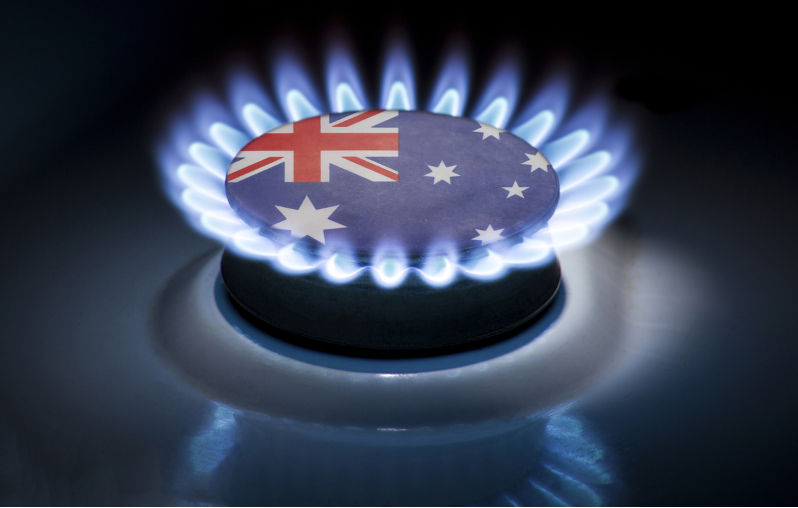Gas is not a climate policy
September 27, 2025
South Australian Premier Peter Malinauskas has thrown himself into a fight that is not his own.
This week he staged a cross-border intervention to fast-track Santos’s Narrabri gas project in New South Wales, blasting “Instagram eco-purists” and insisting “without gas there are no renewables".
It is a striking moment: a premier elected on the back of South Australia’s renewables leadership now acting as lobbyist-in-chief for a fossil fuel company at an event organised by The Australian newspaper. And it speaks to something larger, how deeply the gas industry continues to shape Australia’s national climate debate.
The false dichotomy
The premier’s claim, that without new gas we cannot have more renewables, is upside down. South Australia already shows the opposite: a world-leading renewables grid stabilised by batteries, synchronous condensers and interconnectors. Gas remains, but as a shrinking fraction. The trajectory is clear.
The International Energy Agency has said there can be no new gas fields if the world is to stay under 1.5°C. The IPCC agrees. Yet Malinauskas recycles the Santos line: no gas, no renewables. That is self-interest, ideology and politics, not science.
Narrabri’s dead end
Narrabri is not about “firming the transition”. It is about locking in 20 years of emissions and billions in stranded assets. The global market for gas is already contracting. Carbon border tariffs in Europe and the US will penalise fossil-heavy exporters. Japan and South Korea are investing in hydrogen, not Narrabri gas.
If Australia ties its industrial future to new gas fields, we risk missing a necessary future: green steel, green aluminium and clean exports powered by renewables.
Whyalla’s future
Malinauskas argues Narrabri is essential to keep Whyalla’s steelworks open. In fact, it risks sinking Whyalla. The city’s future lies in green hydrogen and renewable steel, a sector that will be in high demand as countries move to decarbonise their supply chains. Gas-based steel will be the next stranded industry.
Cherry-picking net zero
The premier points to the new Net Zero Australia report. But its modelling is clear: Australia must increase solar and wind seven-fold, batteries 25-fold, and transmission two-fold. Gas plays a role only as a backstop, and a shrinking one. To spin this into justification for Narrabri is to cherry-pick the footnotes and ignore the headline.
The real bottlenecks
Australia is not being held back by “Instagram activists” as claimed by Malinauskas. It is being held back by bottlenecks in planning approvals, transmission build-out and political will. The answer is not to open new gas fields. It is to accelerate renewables, invest in industrial electrification, and engage communities honestly rather than through top-down deals.
A national problem
What makes Malinauskas’ intervention dangerous is not just the parochial politics of Santos. It is the way state leaders can undercut national climate goals while pretending to be pragmatic. The Albanese Government has committed to cutting emissions by 62% to 70% by 2035 and reaching net zero by 2050. Every new gas project makes those goals harder and Australia’s credibility thinner.
At a time when international partners are moving fast on clean energy, our prime minister is at Climate Week in New York trying to present Australia as a leader. Meanwhile, one of his more popular premiers is at home amplifying fossil-fuel talking points. The contradiction is glaring.
The real choice
Australia faces a simple choice: double down on gas and miss our climate targets, or accelerate renewables and build a clean industrial base. Gas is not a bridge. It is a dead end.
Malinauskas’ speech to The Australian’s conference shows just how far the gas industry’s influence still reaches into Australian politics. We need political leaders who stand up to that influence, not echo it.
The views expressed in this article may or may not reflect those of Pearls and Irritations.

